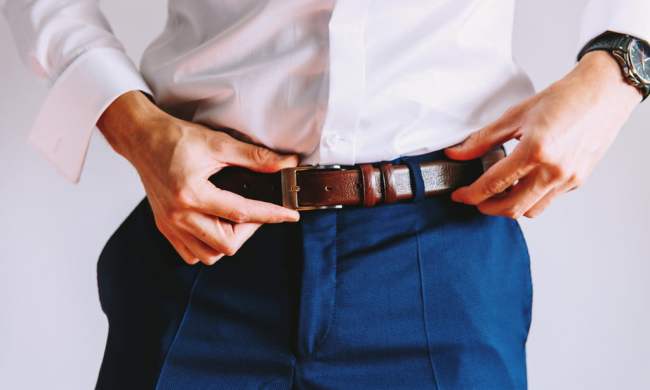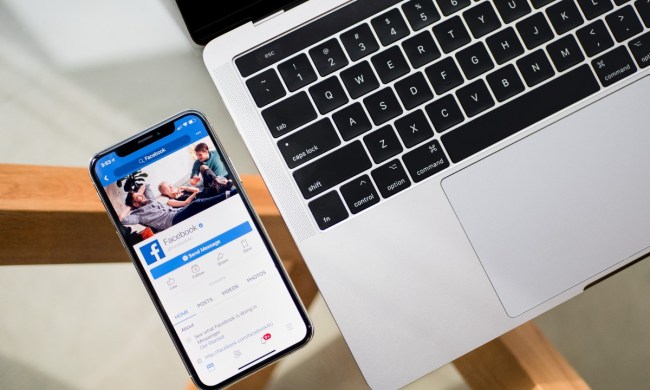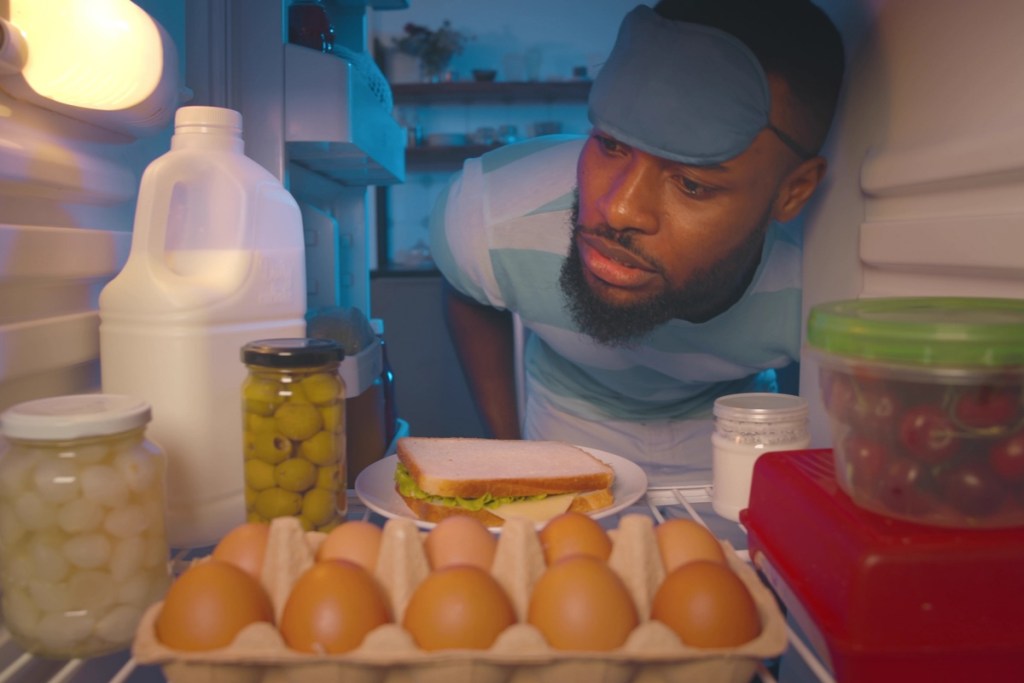
Everyone gets a little peckish now and then, and the late-night hours are no exception. The evening isn’t always the ideal timing for a snack, but it doesn’t necessarily mean the end of the world either.
But what you eat is more important than when. And when snacking happens in close proximity to bedtime, it’s important that your food doesn’t interfere with your sleep.
Most people realize that wolfing down pepperoni pizza and chasing it with a triple espresso is probably not the best choice for a late-night snack. But there are some foods that might be messing with your sleep without being obvious about it.
Here are some examples of foods that can interfere with your sleep.
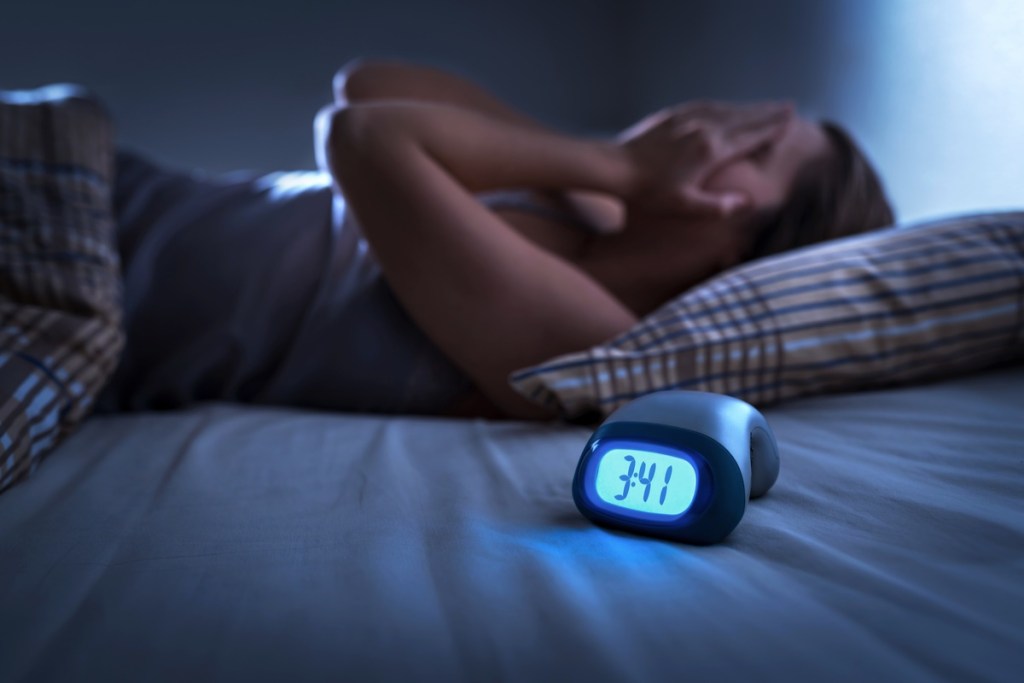
Cheese
The clearest enemy of sleep is caffeine, the common stimulant found in coffee, chocolate, tea, and many carbonated beverages. Cheese does not contain caffeine, but it does contain a certain amino acid that makes people feel alert.
That amino acid is called tyramine, and it causes the body to release adrenaline, the hormone that amps us up when perceived threats come knocking. This is clearly not what you should be looking for when it’s time to chill out.
Tyramine is particularly prevalent or aged cheese varieties. It’s also found in cured meats like pepperoni, ham, and bacon.
Spicy foods
Whether it’s those leftover Buffalo wings or a dash of hot sauce on a sandwich, all spicy foods can mess with your sleep.
The ingredient that gives hot food its bite is called capsaicin. This chemical can cause a reaction in your body that raises your body’s internal temperature. The body also requires more energy to digest spicier foods. And this is to say nothing of the indigestion that spicy foods can cause.
Taken together, if it’s dark outside and bedtime is approaching, spicy foods are probably best left for another time.
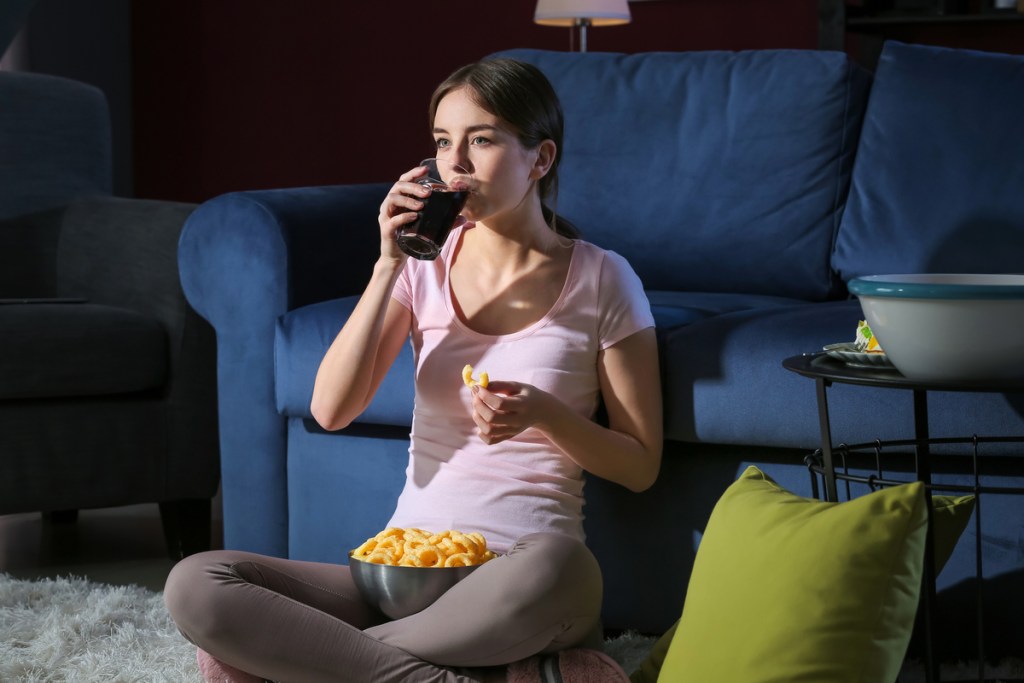
Anything salty
It’s hard news to hear because salty foods like chips and popcorn make for some of the most tempting late-night snacks. But their effect on the body’s hydration levels can wreak havoc on your sleep.
Other sodium-laden snacks can include:
- Canned or processed foods
- Deli meats (unless you have low-sodium varieties)
- Fast food
- Soup
- Some cereals
If you want more information, check the nutrition labels on your snack before indulging. You’ll be glad you did; salty foods cause your body to retain fluids and raise blood pressure, both of which can keep your body from entering deep sleep.
Good options for late-night snacks
For people looking to indulge in the later hours, this may not be the most welcome news. But it doesn’t have to mean the end of your late-night snack. All it takes is some creative planning and small changes in your thinking.
Some foods that work well for late-night snacking — and won’t interfere with your sleep — include:
- Turkey: Ah, the tried and true sleep-inducing food. Turkey famously contains high levels of tryptophan, and anyone who has ever celebrated Thanksgiving knows what tryptophan can do for your sleep.
- Cherries: These delicious stone fruits naturally contain melatonin, which helps improve sleep by regulating your sleep-wake cycles.
- Almonds: These nutty superfoods are high in magnesium, which helps relax your muscles and get you in the sleeping zone.
- Honey: Honey not only stimulates melatonin production but stops your body from producing orexin, a chemical associated with alertness. Add some honey to decaffeinated tea for the perfect nightcap.
There are lots of other delicious late-night snacking options. A bit of research and common sense can help improve both the quantity and quality of sleep. Although nighttime eating is not the best habit to indulge in day after day, you can enjoy a late snack if you’re feeling hungry. All you have to do is adjust your habits and you’ll be able to avoid unnecessary sleep disruptions.
BlissMark provides information regarding health, wellness, and beauty. The information within this article is not intended to be medical advice. Before starting any diet or exercise routine, consult your physician. If you don’t have a primary care physician, the United States Health & Human Services department has a free online tool that can help you locate a clinic in your area. We are not medical professionals, have not verified or vetted any programs, and in no way intend our content to be anything more than informative and inspiring.

